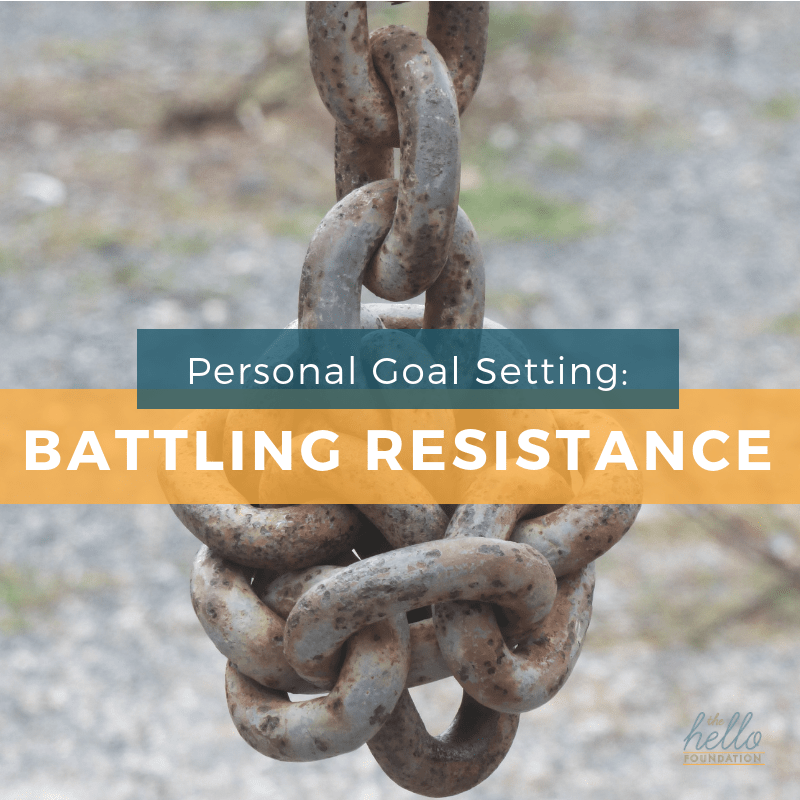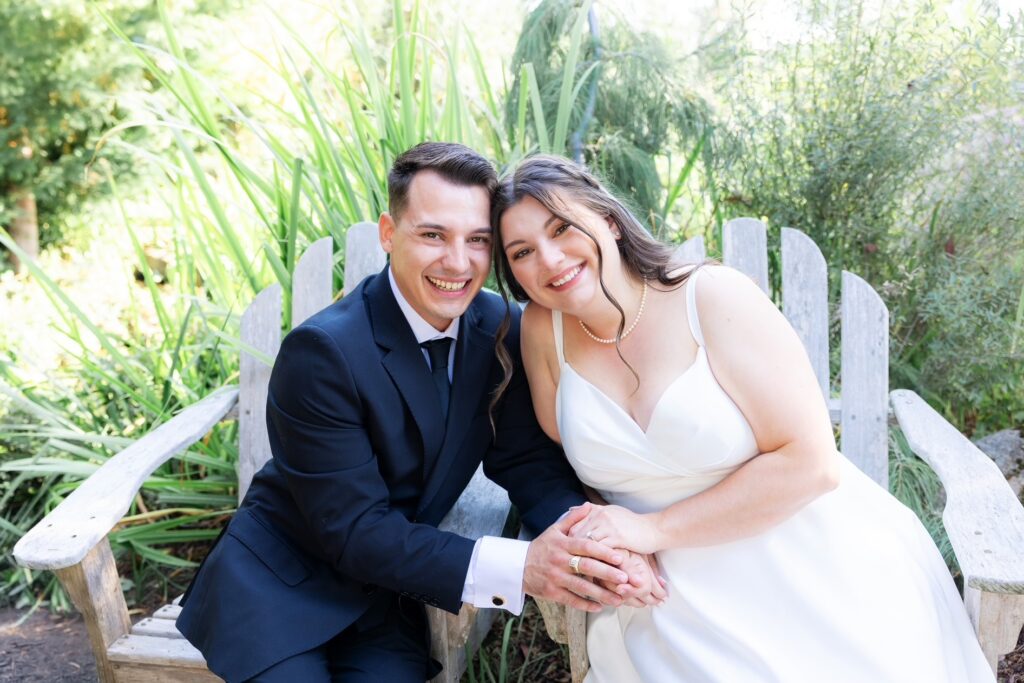Goal setting is the way I make myself feel comfortable with where I am. If things feel unfamiliar and I am overwhelmed – I set goals. If things are too familiar and I feel stagnant – I set goals. If I feel content that all is in its place – it’s probably because I set goals and I am meeting them! You get the picture.
The last few weeks have been filled with back-to-school in-service days and even actual school days, but I’ve still managed to hang on to that one-foot-in-summer feeling. Now that Labor Day is behind us, I can no longer ignore the fact that fall is here, and I am knee-deep in another school year.
The current situation is both very familiar and suddenly overwhelming, and so a perfect time for me to think about setting goals. Even for a goal-setter like myself though, there are ‘brain-tangles’ I have to talk myself through. The War of Art’s Steven Pressfield has named these ‘brain-tangles’ Resistance. This force is a recurring character in his work and is described as a “force that will stop an individual’s creative activity through any means necessary, whether it be rationalizing, inspiring fear and anxiety, emphasizing other distractions that require attention, raising the voice of an inner critic, and much more.” Here are three ways I personally hear the voice of Resistance, especially while setting professional goals:

“I don’t have time for that!”
This is one of my busiest times of the year. Why on earth would I give myself additional tasks?! Well, that’s why the best-conceived goals are actually just a design for directing your attention within your current schedule and task list.
Real-life non-example: Last year I set a goal for taking better language samples. I identified some different sampling techniques and found a couple of new methods of analysis I wanted to try. I was interested and excited. Seemed like a great goal. Except that my caseload had grown so large that I had given away most of my evaluations, and all of my language testing and new referrals. Working on this goal was going to require me to create tasks outside of my current workload. Despite my high-interest level, that was unrealistic.
I can do it better: A goal needs a place. I am most successful when I identify not only a skill to work on, but also a time to work on it. After all, I wouldn’t write a goal about choosing a hot or cold lunch for a student that didn’t eat lunch at school. For me, a better goal might be, I will listen to my language lesson podcast when I drive across town on Wednesdays, or I will use language sampling to get baseline information on goals during September therapy sessions.
“I’ve already ruined my track record.”
Transitions are tough, and I’m often well into the new phase by the time I realize I need to set some goals. In a brief act of Resistance, my brain screams that it’s too late! I can’t attain perfection because I’ve already contaminated my potential perfect record by doing it wrong.
Real-life non-example: Right now. Since I’ve been back at school for a couple weeks and I’m only now setting my goals, I’ve lost any chance at a perfect record. The ship has already sailed. Is it even worth starting to manage my referrals in a new way? I’ve already had 3 that I’ve done the old way…
I can do it better: My colleague Sarah Lockhart on her podcast SLP Happy Hour put it best when she said, “Never go back, always go forward.” Tomorrow will be a better day.
“Ugh. Do I have to?”
Real-life non-example: I have, at times, been required to write goals for my employer, and because I am a school-based SLP, I can write goals with the best of them. That does not mean I am excited about the goals or the process. And many times goals written this way, though structurally sound, are meaningless and met without any real change in behavior. (I will design therapy sessions for all students on my caseload, each week in October.)
I can do it better: If I have to choose a goal for myself, I choose something I’m excited about. The work has to get done, but maybe I can learn a new skill along the way or find a way to do things more efficiently or feel better while I do it. Even if the actual activity is something you’ve been avoiding (I don’t like making my lunch the night before), the result of meeting your goal better be motivating (I love the morning freedom of having a packed lunch in the fridge!).
It’s possible I should have a goal to write better goals. The evidence I’ve been working on it a while? Posts like this and this and this!
What are your goals this year? What’s the Resistance you’re overcoming?





